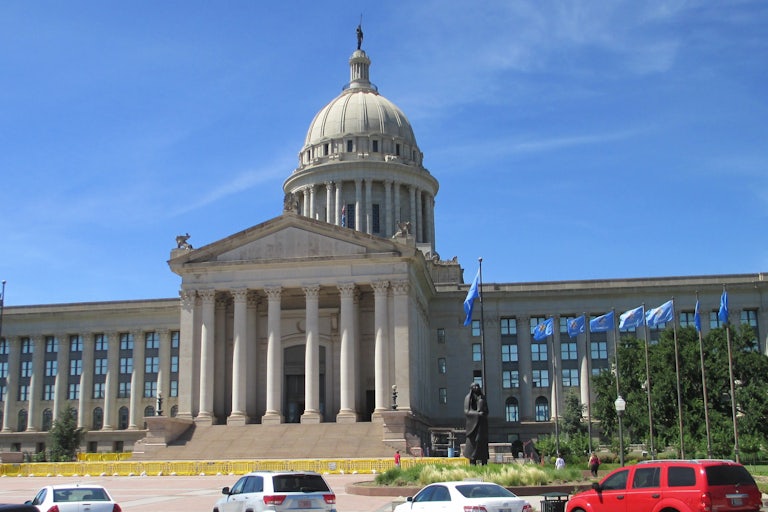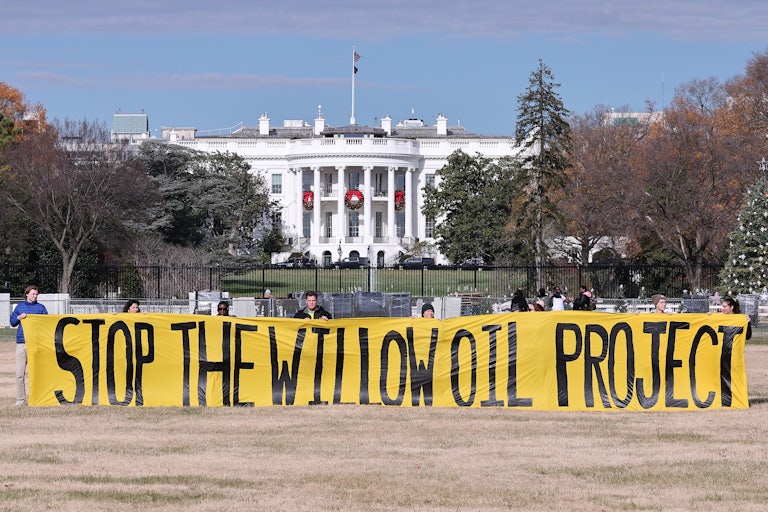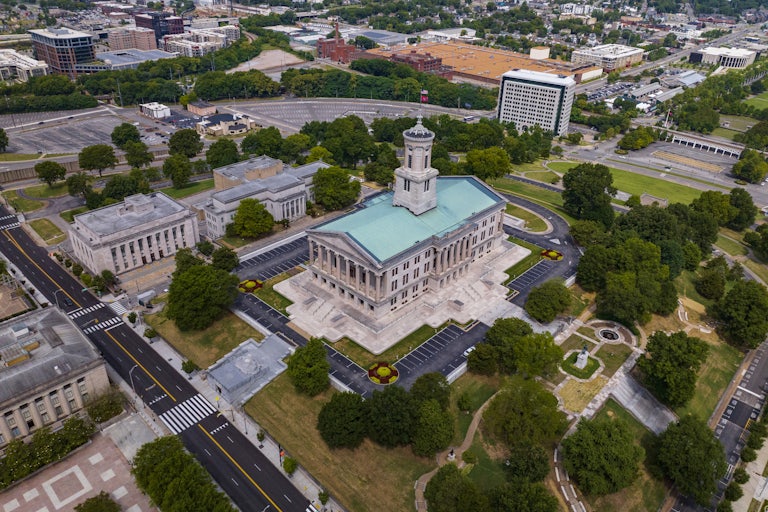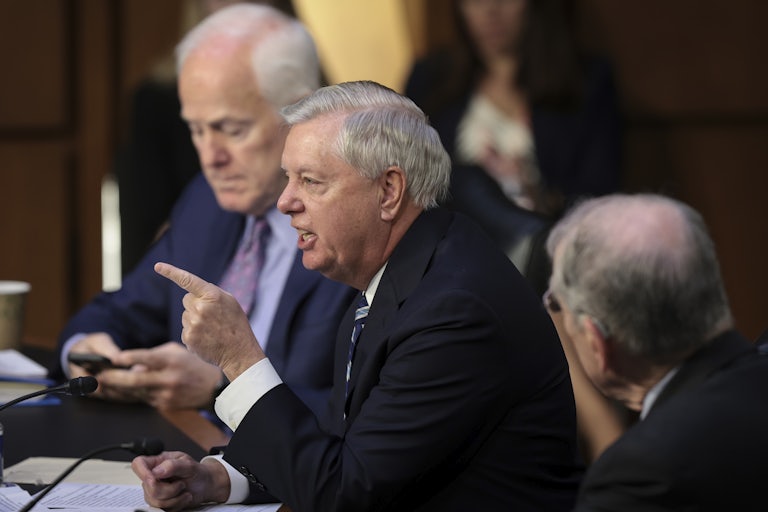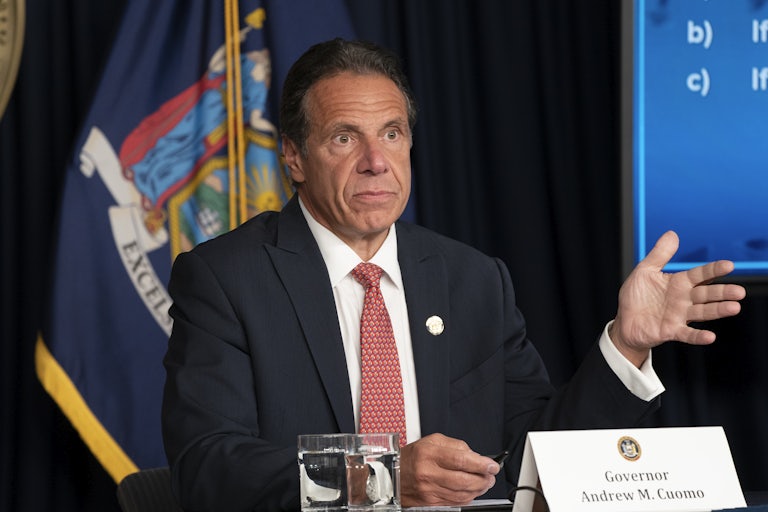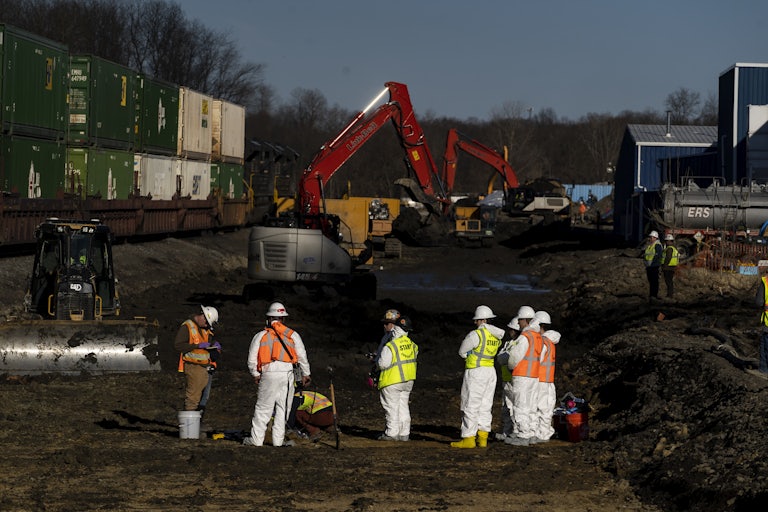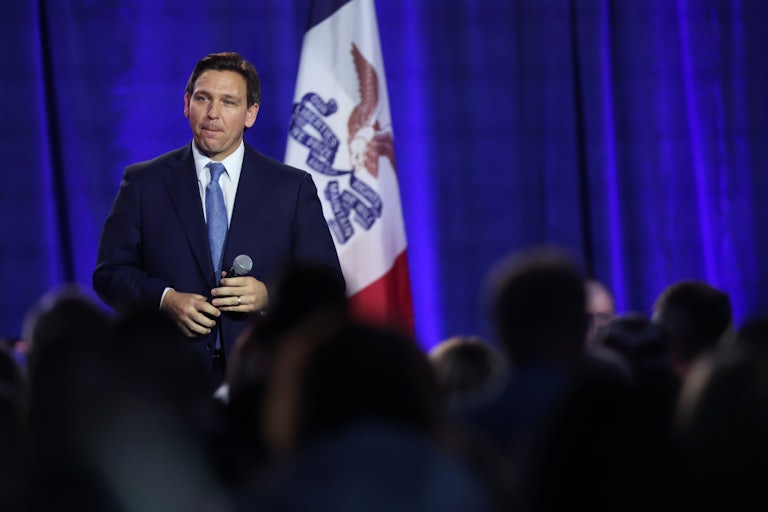San Francisco Board Open to Paying Black Residents $5 Million in Reparations
The city’s board of supervisors moved forward a draft plan with suggestions on how to compensate Black residents for centuries of slavery and systemic racism.
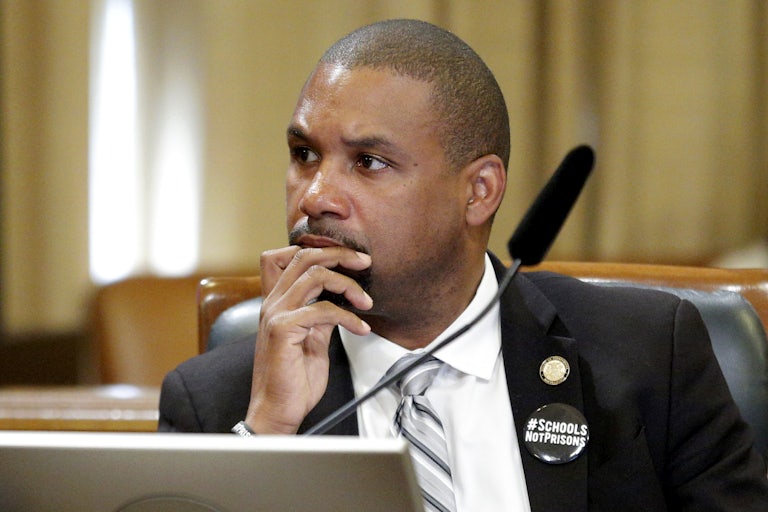
The San Francisco Board of Supervisors unanimously accepted a draft plan with suggestions on how to pay millions in reparations to the city’s Black residents, in an effort to atone for centuries of slavery and systemic racism.
The case for reparations has been made many times in recent years, particularly after the murder of George Floyd in 2020. California was the first state to establish a task force to determine how to compensate for the legacy of slavery and racist policies made after the practice of enslaving people was abolished, both of which have crippled Black people’s economic mobility.
San Francisco is the first major city to propose a reparations plan, and its draft, put forward in December, is “unmatched nationwide in its specificity and breadth,” as described by the Associated Press. Under the plan, suggestions include giving every eligible Black adult a lump payment of $5 million. Personal debt and tax burdens could be eliminated, annual incomes of at least $97,000 for 250 years could be guaranteed, and families in San Francisco could get a home for just $1. More than 100 recommendations are included in the draft proposal, though no specific plan has been formally accepted yet.
“Those of my constituents who lost their minds about this proposal, it’s not something we’re doing or we would do for other people,” San Francisco Supervisor Rafael Mandelman said during the five-hour hearing Tuesday night. “It’s something we would do for our future, for everybody’s collective future.”
The plan does not say how much the proposed payments would cost the city, nor is it clear how many San Franciscans would be eligible. Critics argue that it’s unreasonable to pay reparations in a city or state that never enslaved Black people. But advocates of the plan note that the majority of data and historical evidence shows that after slavery ended in 1865, policies and practices across the nation helped curb the rights of Black Americans.
The African American Reparations Advisory Committee, which proposed the plan, has until June to put forward a final report on reparations. Until then, the board of supervisors can approve, change, or reject any or all of the plan’s points.
The California state reparations committee is due to give a final report in July.
Other cities are toying with reparations too. The Chicago suburb of Evanston became the first city to pay for reparations, offering eligible residents funding for home repairs, down payments, and interest or late penalties for property. Experts say Evanston’s approach is a good start but has a ways to go in terms of achieving actual justice.
Leaders in Asheville, North Carolina, have also promised reparations through funding housing, business, and career programs for Black city residents. The City Council in Boston approved a reparations study task force in December.
Texas Representative Sheila Jackson Lee introduced a bill in 2021 to develop a reparations study task force. President Joe Biden has expressed support for studying reparations, but he has yet to back Lee’s bill, and the issue has yet to be seriously discussed at the federal level.
